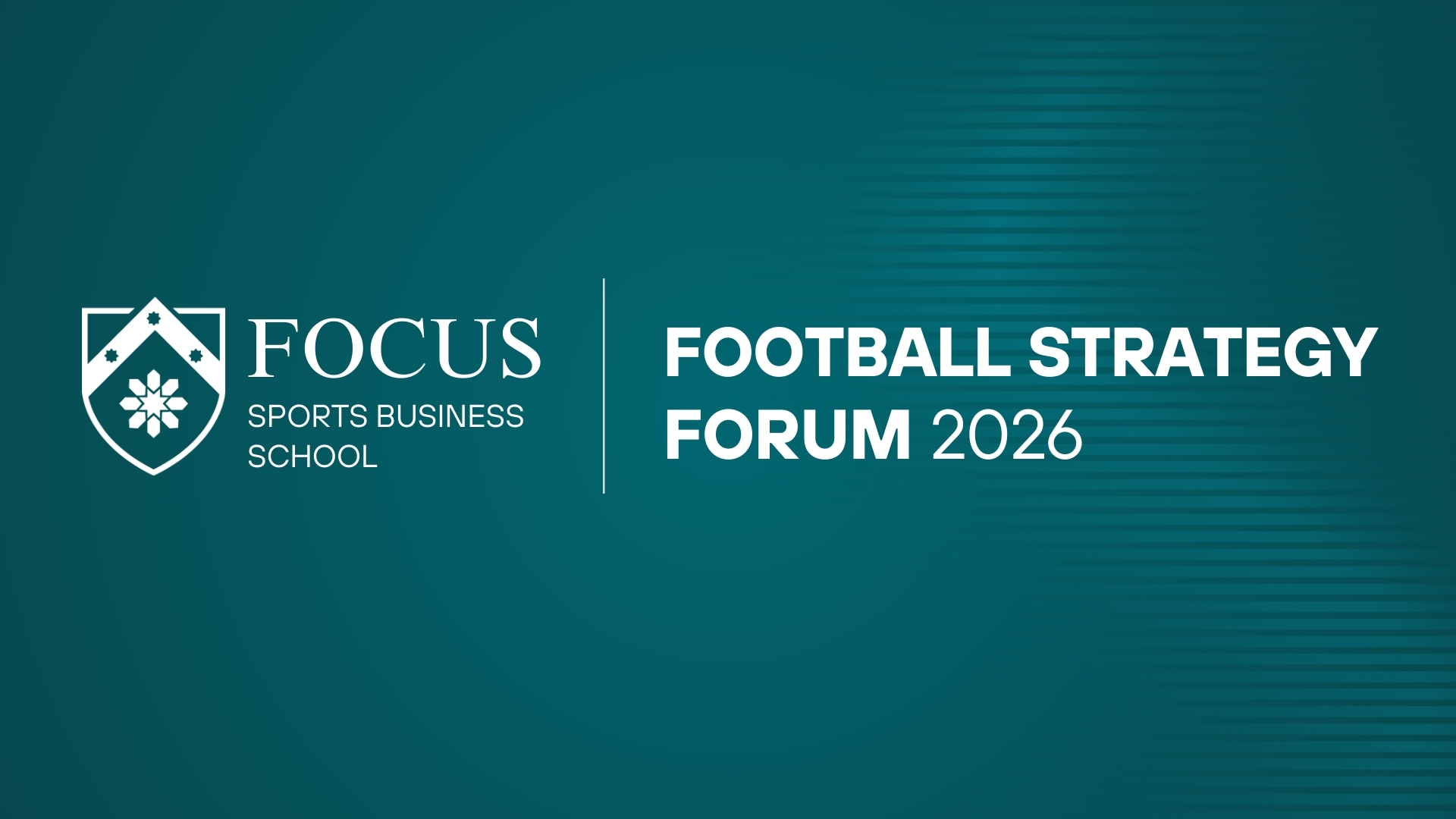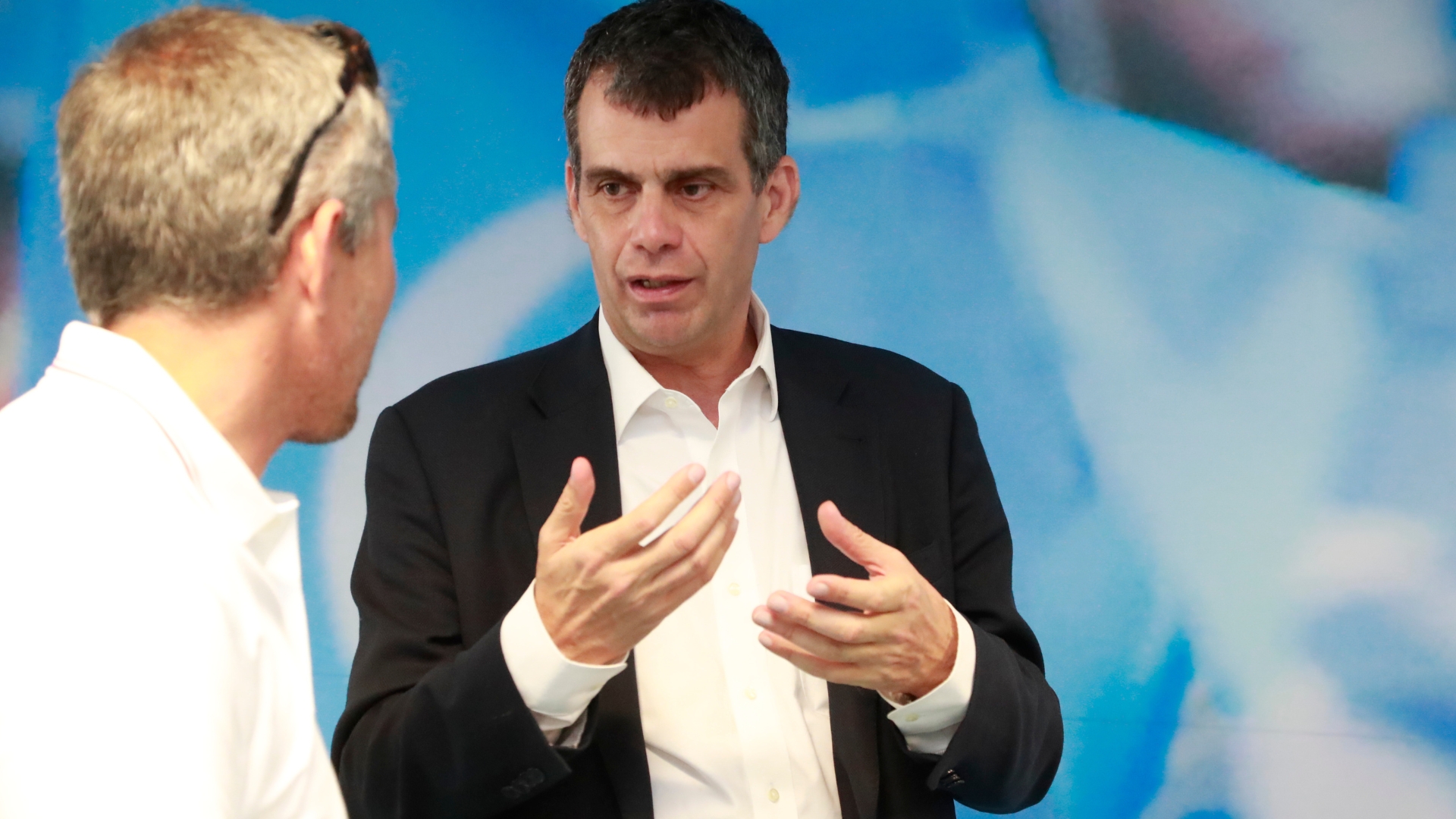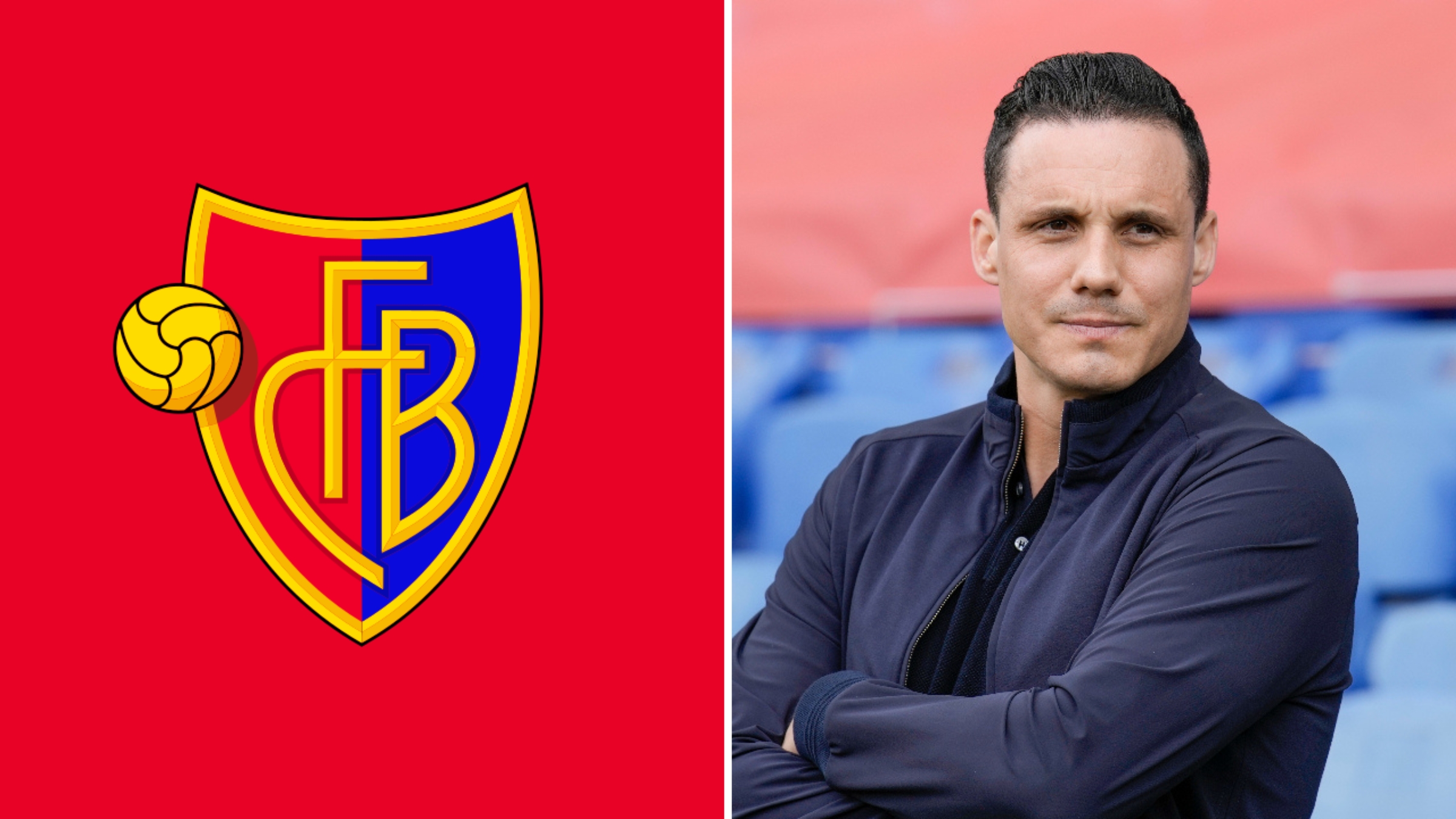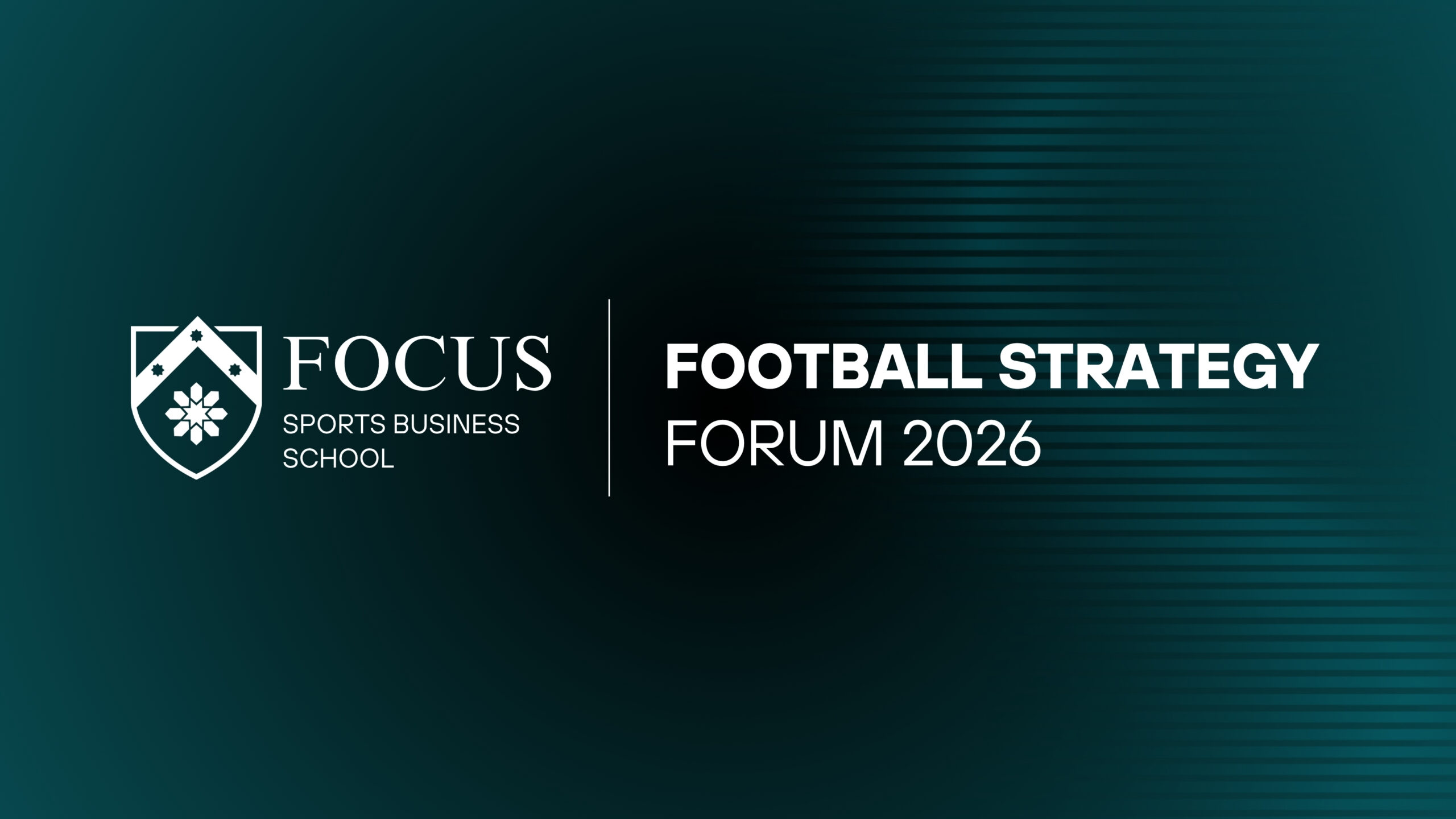Operational efficiency is often the unseen engine driving success in the modern football business. Streamlined operations ensure that resources are allocated effectively, offering a crucial competitive edge in an industry defined by complexity and resource intensity.
Yet, few clubs truly achieve operational excellence and gain a sustainable advantage.
Laurent Colette, former C-level executive at FC Barcelona, Right to Dream, Olympique de Marseille, and AS Roma, brings unparalleled expertise in shaping the organizational frameworks of elite football institutions.
Now a lecturer at FOCUS Sports Education’s Football Business program, Colette translates his practical expertise into actionable strategies for football industry professionals.
In this conversation, we explore how clubs can build processes that enhance efficiency across departments, foster adaptability, and balance short-term demands with long-term ambitions.

“Operational efficiency starts with clarity”
“Operational efficiency starts with clarity,” Colette explains. “A clear split of roles and responsibilities is crucial. Everyone in the organization must know what they are accountable for and who they can rely on in case of issues.”
He emphasizes the need for responsiveness in decision-making: “A fluid and quick decision process is essential for addressing challenges. Hesitation can disrupt operations and derail momentum.”
Colette also highlights the importance of leadership engagement: “Top management must understand the major operational issues in order to provide the right financial, human, or systems support to solve them effectively.”
Beyond systems and processes, human dynamics play a vital role: “Many organizations don’t work properly because key executives don’t know how to collaborate. Often, tensions are childish, but they must be addressed quickly and sharply to avoid disruptions.”
Finally, Colette emphasizes continuous improvement: “A permanent roadmap towards operational excellence is essential. This involves a never-ending analysis of what can be improved, curiosity about competitors who do it better, and fostering internal dialogue to identify issues and implement easy solutions.”
Overlooked Opportunities in Operational Efficiency
Colette identifies three key areas often neglected by clubs:
- Bridging the Gap Between Sporting and Administrative Managers:
“Clubs must set the right meeting points between sporting and administrative managers. Each side traditionally has limited and reductive knowledge of the other’s responsibilities, which hinders collaboration.”
- Defining Collective KPIs:
“Clubs need collective performance indicators that are understood and shared among all managers. These KPIs should also be explained to the rest of the employees to ensure alignment across the organization.”
- Strategic Planning with Leadership Involvement:
“Clubs often lack deeper strategic planning processes with stronger involvement from the club’s president. Leadership needs time to discuss key issues and priorities and must ensure that each department presents a clear vision of their goals and objectives.”
Establishing Processes for Continuous Improvement
“Processes are very important to ensure operational efficiency and limit unexpected risks.”
Colette outlines a systematic approach:
- “New or updated processes should be submitted by each department, either after experiences that revealed weaknesses or improvements, or by studying other clubs’ processes. Networking and sharing best practices are essential for learning and growth.”
- “Processes must be precisely defined, with enough time dedicated to exploring every possible aspect.”
- “Involve the key people who are in touch with daily operations. Their insights are crucial for creating practical and effective processes.”
Case Study: Operational Adjustments at FC Barcelona

Laurent Colette draws from his experience at FC Barcelona to illustrate how restructuring the Executive Committee meetings led to substantial improvements in operational efficiency, strategic alignment, and organizational cohesion.
- Shifting to bi-weekly meetings: “Meet only every 15 days instead of weekly. This freed up more time for operational delivery and allowed us to focus on strategic points during meetings.”
- Incorporating holistic representation: “We included the Sporting Director and Chief Medical Officer in these meetings to ensure a holistic review of how the club was managed and to make decisions that were understood and approved by everyone.”
- Educational focus: “Each meeting featured one or two in-depth subjects introduced by the corresponding manager. This ‘educated’ colleagues and fostered deeper involvement in key areas of the club’s operations.”
- Staff engagement and talent growth: “We regularly invited staff to present an achievement or a project. This motivated promising talents and encouraged engagement across the organization.”
- Centralizing board communication: “Only the CEO communicated key issues to the board, avoiding individual initiatives or lobbying that could jeopardize collective solidarity.”
This case study exemplifies how thoughtful changes to leadership structures and processes can drive significant improvements, not only in operational efficiency but also in the overall health and performance of an organization.
What advice do you have for clubs struggling to balance day-to-day demands with long-term goals?
“Everyone in the entity must be aware of the main long-term goals,” Colette advises. “This ensures that departments stick to precise roadmaps and budgets, avoiding the multiplication of day-to-day demands.”
However, Laurent acknowledges that unexpected issues are inevitable: “An eye must remain open for sudden issues that require immediate attention. Clubs need to provide departments with the right processes and tools to express non-planned demands. At the same time, department directors must act as filters, addressing these demands responsibly and with a collective mindset.”
Balancing these priorities requires disciplined leadership and clear communication across all levels of the organization.
What distinguishes football orgs like Brighton, Right to Dream than others?
Unlock what drives success in football business with Foundations of Football Business course.
Guided by Laurent Colette—with C-level experience spanning Right to Dream, Olympique de Marseille, FC Barcelona, AS Roma—you’ll learn actionable strategies into driving revenue growth, expanding global reach, and achieving operational excellence.
Explore now











